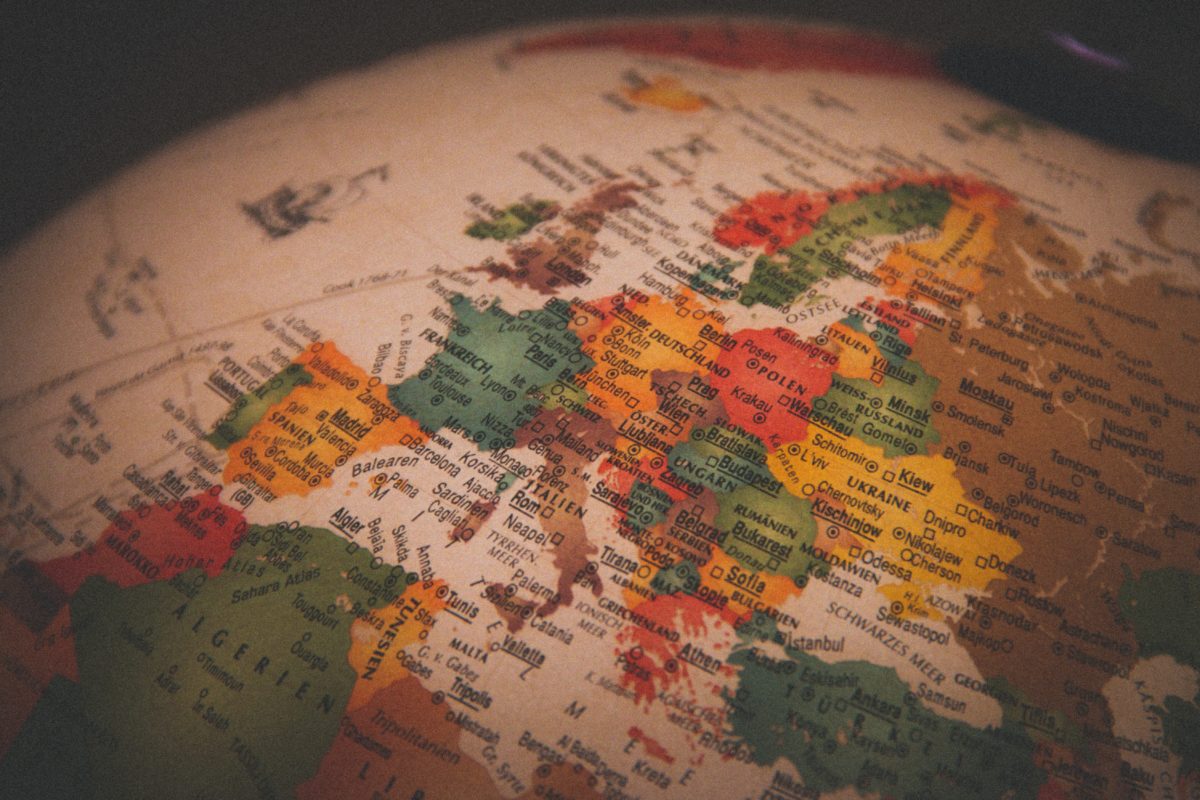Traditionally 9 May is Europe Day. On that day, events take place all over Europe that remind us of the values that unite all European citizens. The University of Antwerp is likewise committed to matters such as human dignity, democracy and equality. That is why the Department of History of the Faculty of Arts created the chair ‘European values: discourses and perspectives’ in 2019. The aim? Stimulating critical conversations and debates about European values.
Education and research on Europe
UAntwerp focuses on three pillars: education, research and provision of services. According to chairholder Heleen Touquet, the theme of European values lends itself perfectly to education. She teaches the bachelor course ‘An introduction to European Values: discourses and perspectives’ and the master course ‘Politics of Memory in Europe’. Both theoretical and empirical insights are covered in these courses. These insights are also shared with a wider audience through a series of lectures on European values and the publication of two short books containing interviews with experts.
European values are closely linked to relevant concepts such as identity, culture and diversity. A PhD study on forms of citizenship is currently in the works. ‘Societies in Europe are characterised by increasing ethno-cultural diversification, which makes issues concerning national identities and social cohesion prominent’, says PhD student Imke Brummer. ‘Schools have a core task to contribute to a shared sense of belonging. My PhD research aims to help them in this respect by investigating when young people with a migrant background “feel at home” in a society.’
European identity is attractive
The first results of Brummer’s study already show that a European identity is considered to be very attractive. This identity seems to be less ethnically and culturally exclusive, in contrast to national identities.
‘Schools have a core task to contribute to a shared sense of belonging, including across borders within Europe’
The attractiveness of the European identity is an important finding in these uncertain times in Europe. This is also confirmed by Heleen Touquet: ‘When you think of the problems with the rule of law in Poland or the lack of media freedom in Hungary, you soon realise that it is more than ever necessary that we continue to reflect critically on how we wish to shape our rule of law or democracy and other European values. We also need to think about how we, as European citizens, can shape this. A university environment, where education and research come together, lends itself perfectly to this.’










